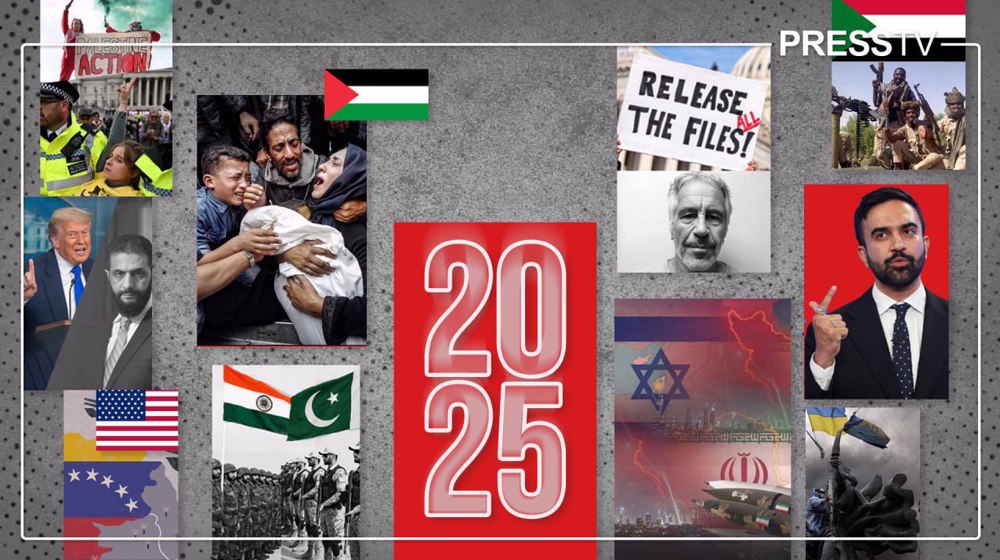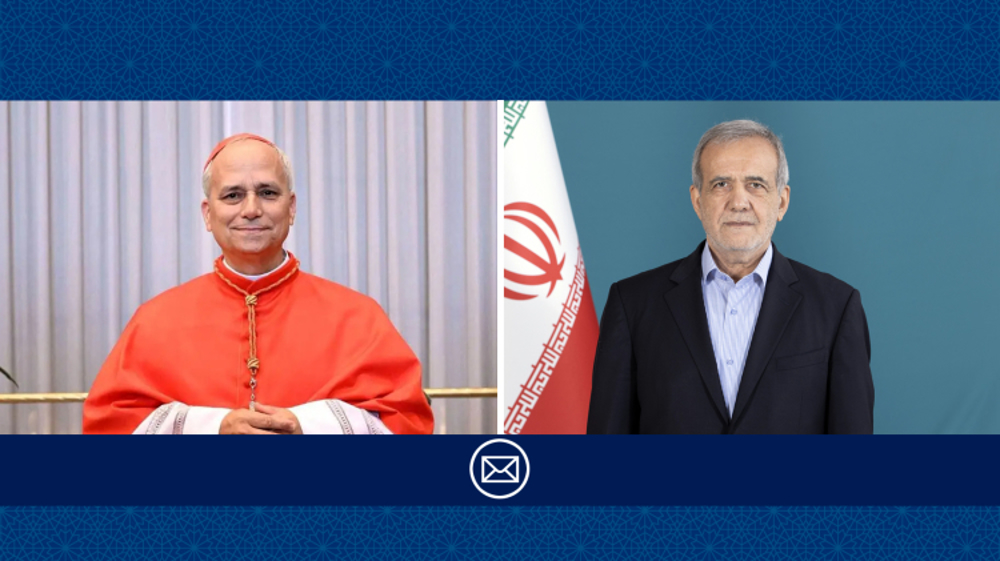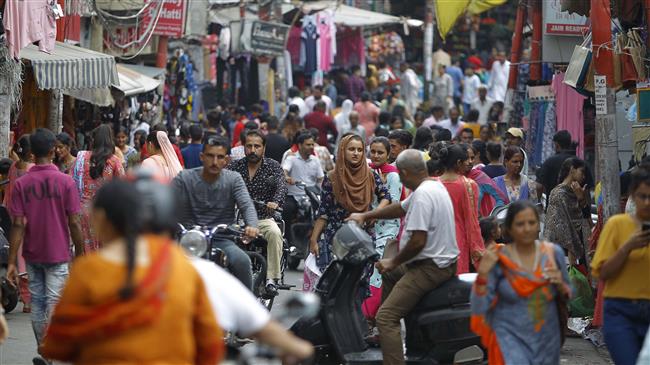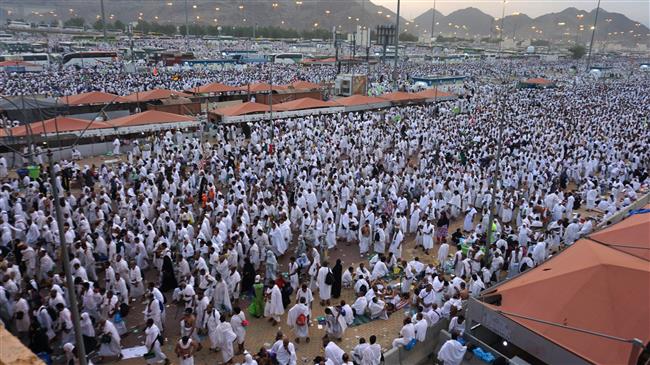Iranians, other world Muslims celebrate Eid al-Adha
Millions of Muslims in Iran and many other Muslim countries across the world have started celebrations for the momentous religious occasion of Eid al-Adha (Feast of Sacrifice), marked in honor of the Islamic imperative of self-abnegation.
The occasion falls on the 10th day of the month of Dhu al-Hijjah on the lunar calendar every year.
It commemorates Prophet Abraham’s acknowledging a divine order upon him to sacrifice his son. Upon submitting to God’s will, Ibrahim was exempted from performing the order and was offered a ram to sacrifice instead.
Iranians are celebrating the occasion on Monday, while in some other Muslim countries the celebrations began a day earlier and people marked the historical development by holding festive congregations at mosques and other religious centers and will continue to do so over the next few days. They also sacrifice livestock so they can offer votive food to the poor and their fellow Muslims.
The occasion also forms the high point of ongoing Hajj rituals, which are being observed by Muslim pilgrims in Saudi Arabia. They, too, are religiously mandated to perform the sacrifice and distribute offerings among the needy.

Iran’s President Hassan Rouhani sent out separate congratulatory messages to international Muslims leaders on the occasion.
He took the opportunity to express hope that the world’s Muslim authorities will be able to reinforce unity throughout the Muslim world in order to confront terrorism as well as the unilateralism and imperialistic practices of international hegemonic rulers.
Top Iranian cleric urges 'rationalism' over Kashmir in Eid remarks
Tehran’s interim Friday prayers leader strictly cautioned against further escalation of tensions between India and Pakistan over the disputed region of Kashmir.
Mohammad-Hassan Aboutorabi-Fard advised that the issue be resolved through “rationalism and [a method of] management that uses morality and erudition as its basis.”
"It is such an approach that contributes to national unity, he said, and warned, “Strictly avoid deploying bayonets [instead]…our region cannot take [further] tension and conflict.”
The cleric was delivering an address on the occasion of the Muslim festivity of Eid al-Adha (Feast of Sacrifice) at Tehran’s Musalla Grand Prayer Grounds on Monday.
The remarks came a week after New Delhi scrapped the autonomy of the disputed Himalayan region and assumed full control over it. After the decision, India dispatched thousands of additional troops to Kashmir, declared a strict curfew, shut down telecommunications and internet services, and arrested political leaders and pro-independence campaigners.
Kashmir has been split between India and Pakistan since their partition in 1947. Both countries claim all of Kashmir and have fought three wars over the territory.
Aboutorabi-Fard said Kashmir forms a part of the international Muslim nation, making any unprincipled and untenable move against it a move targeting the entirety of this nation.
Muslims and non-Muslims have been cohabiting in the Indian subcontinent for centuries, he said, advising relevant authorities to rather endeavor to invigorate this coexistence, he noted.
The cleric also addressed Israeli forces’ use of violence against Palestinians marking Eid al-Adha on the al-Aqsa Mosque’s compound in the holy occupied city of East Jerusalem al-Quds on Sunday.
Tel Aviv should know this that it can only temporarily rely on use of force, he said. “The Zionist regime [of Israel], the Al Saud regime [of Saudi Arabia], and the Al Khalifah regime [of Bahrain], whose authority rests on bayonets, are certainly doomed to suffer destruction and [eventually] perish,” Aboutorabi-Fard stated.
Separately, he addressed Iran’s capture late last month of a British-flagged oil tanker, which had collided with an Iranian fishing boat in the Strait of Hormuz, and ignored its recurrent distress calls.
“It was Great Britain and not just the British vessel that felt weak in the face of the Iranian nation,” he said.
Europe should adopt a character “independent” of the imperial world and the United States instead of being “subjugated” by them, he further advised.
“Who is America, to which some serve as entourage and prostrate? What position arrogant powers are in to subjugate other nations?” he asked.
VIDEO | Press TV's news headlines
Hamas: Israel escalating ceasefire violations in Gaza
Venezuela's government declares unwavering unity behind Maduro
VIDEO | Global outcry over Venezuela president abduction
Iran keeps wheat import subsidies despite cutting other food supports
Venezuelan military stands with acting president after US kidnapping of Maduro
VIDEO | Press TV's news headlines
VIDEO | Protesters in Toronto slam US kidnapping of Venezuelan president














 This makes it easy to access the Press TV website
This makes it easy to access the Press TV website